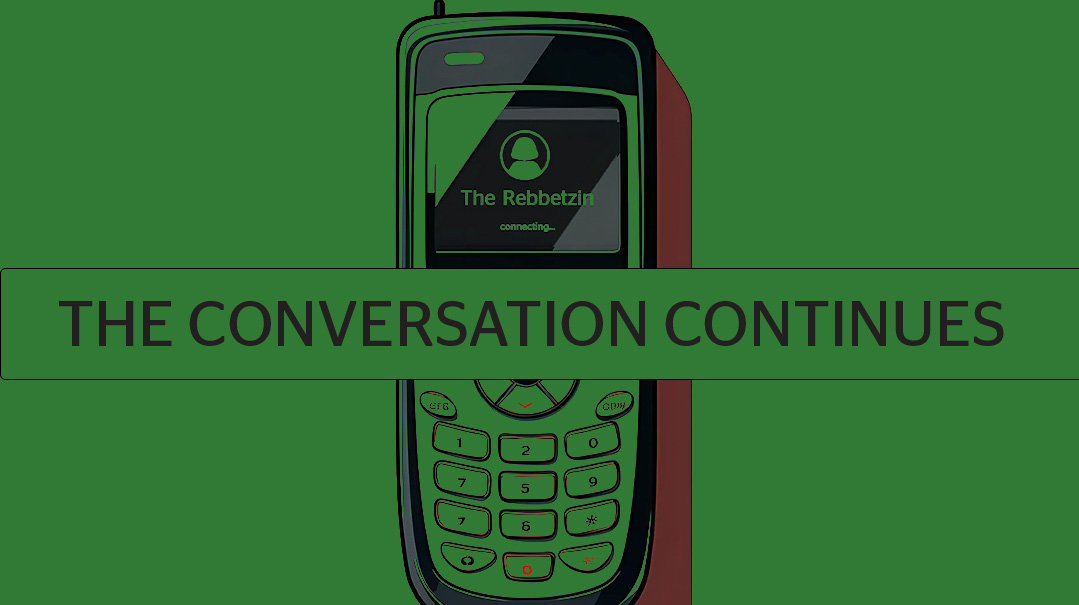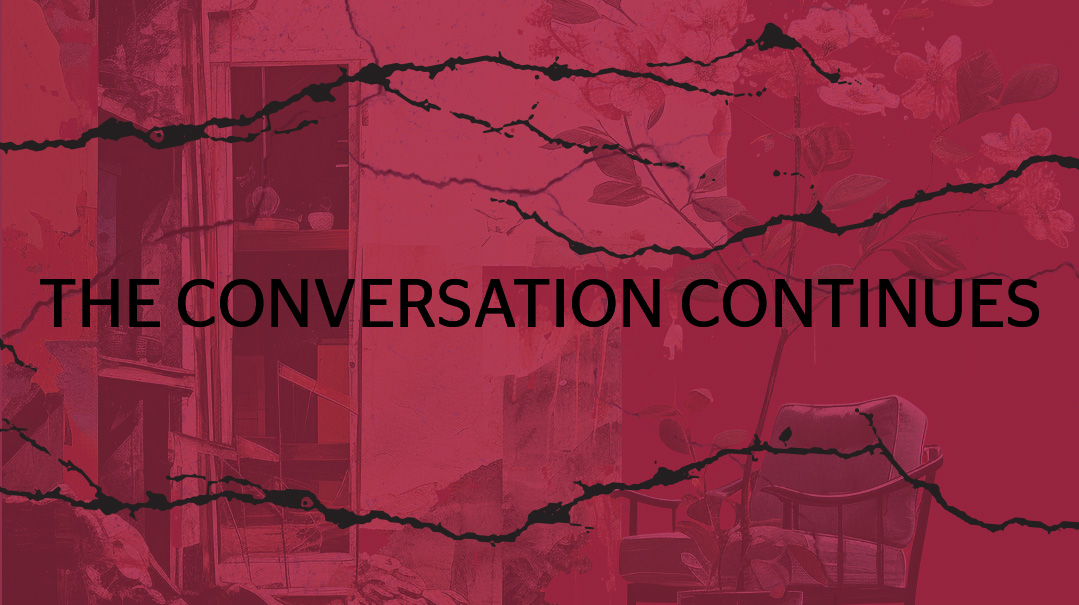Quick Q/ Issue 881

We asked: As a woman, do you have a rav, rebbetzin, or mentor whom you can talk to for guidance?

How Is it Done?
I’m terrible at small talk. Or rather, I don’t care to be good at it. I want to talk about the important things, now, even though I just met you. And the question I’ve been asking most new people I meet these days — or rather for at least the last two years or so is, “Do you have a rav or rebbetzin?”
Underwhelming would be too generous to describe the response. Our-Society-Will-Fail-If-We-Continue-Like-This is more accurate. But don’t worry. I ask a follow-up question: Is there anyone in your sphere who you’d be interested in talking to, who is capable of the job, who you trust has their head on straight? Those responses are often in the affirmative, which sounds great, until you pay closer attention.
Often they say it would be someone they heard give a small shiur at a shul event, or their shul rebbetzin, or their daughter’s principal — so far so good, right?
Wrong.
For two reasons:
- A) Do these potential mentors have the time to listen to and guide other women? Really, who has endless time for unpaid labor (there’s a place for therapy and coaches — this is not it.)
- B) (This one is huge and I’ve never heard anyone acknowledge the obviousness of it) How do you actually cultivate this relationship?
What does the conversation sound like? “Hi, wanna be my rebbetzin?”
Cringe much?
And even if you somehow finagle a consistent relationship with this woman, so it feels natural and flows, and not completely one-sided transactional — what are the rules then?
When do you call? Not call? What times work for her? What is the exact nature and dynamic of this relationship so that both are comfortable, boundaries and all.
Our lives aren’t like our mothers’ lives, so it’s unhelpful to look at theirs. Our communities are much more spread out, our lives busier, we often don’t have the natural community our mothers had that cultivated these relationships (another issue I like to get on a soapbox about).
This aspect of cultivating a relationship isn’t just a women’s problem — men don’t know how to do it either, but they do have it easier as they have more gathering spaces like shul to let the natural osmosis of getting to know and interacting with a person happen.
Do I have a solution? No, I’m just a writer who talks too much and asks weird questions (I’m allowed to — it’s part of the job description). But articulating the facets of the problem is a good first step to figuring it out.
Is that even possible? Am I making any sense?
I heard an adom gadol recently bemoaning the fact that people don’t have rabbanim, and he’s right. But it’s not because they don’t want it. There aren’t many available, and even if someone were to find one — how does that relationship happen?
I’ll pull a Yisroel Besser here and say I’m talking to myself. Any advice for me?
Esther Kurtz
Women Need It, Too
I have to admit I was skeptical about last week’s back-page poll. Do 50 percent of the women I’m surrounded by really have mentors?
If you do, good for you!
I’m jealous.
In my world, though, girls have teachers and mechanchos right up until seminary. Then they carry those relationships a bit further — dating, a little shalom bayis question, maybe even a chinuch inquiry or two — and then the connection fades. Yes, you know if you ever really needed something Rav XYZ from seminary would gladly answer or Mrs. XYZ, your beloved seminary Chumash teacher, would invite you over to schmooze.
But that’s not a mentor. A mentor is someone who knows you as you grow, the ins and out of what’s happening in your life, your struggles, your aspirations.
A mentor is someone like my husband’s rebbi.
All five of them. There’s the Rebbe, of course, for questions of life, death, and minhag. There’s Rebbi, who answers questions of hashkafah, who compliments and encourages. There’s Rav XYZ with the halachah questions a young family needs answered. There’s Rav W, who gives mussar, strong and swift and to the point. And then there’s the overseas Rebbi who answers and advises like a father, with love and clarity.
My husband has five addresses for any single situation in his life.
Five great men blessed with clarity and wisdom who want to advise him on life’s many questions and uncertainties. And he didn’t have to go searching for these men. He came to them organically, through the yeshivah system, through kollel and shul.
And us women, we can turn to our husbands.
But what if we have a question about our husbands? Or just something private?
Why can’t we have this as well?
B.T., Jerusalem, Israel
There’s a Stigma
I found last week’s poll results very interesting, and also a little dispiriting — for myself. I was among the women who don’t have a mentor — but not because I don’t want one. I’ve just never found one. And I wonder where all the women who said they do found theirs. My husband has his rosh yeshivah for questions like, “Is it time for me to go to work,” and we call our local rav when we need to, but I’d love to have someone I felt comfortable turning to for the gray areas in my life.
Where do you find these mentors? I was never close to any of my high school teachers. Though I’m sure some of them would have made great mentors, it would have been weird. I think about that all the time. How when a bochur builds a relationship with his rebbi he is considered a mevakesh of the highest caliber, but the girls who met with the principal during lunch were socially off. I’d never have jeopardized my social standing to pour my worries out to a teacher, and ten years later, I feel badly about that.
I hope something changes so that when my girls reach high school, they do feel comfortable building that relationship, which is so important later on in life.
Name Withheld
(Originally featured in Family First, Issue 883)
Oops! We could not locate your form.






